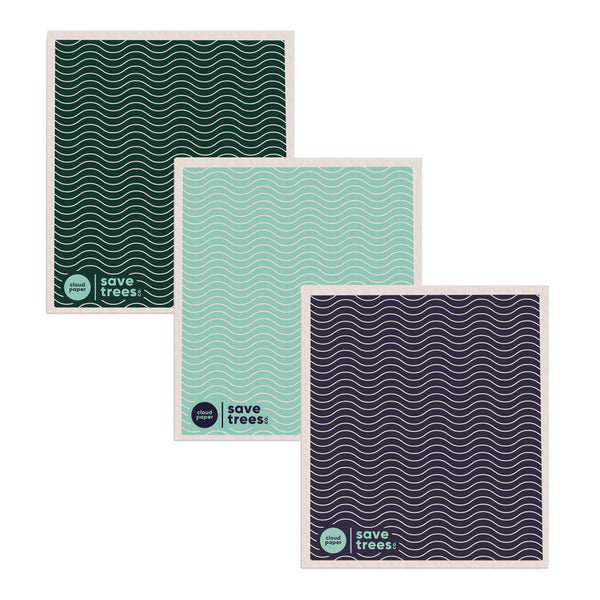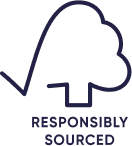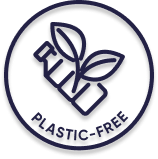Save even more trees and try...

Swish Cloth - Pack of Three
Frequency: Every 4 months

Bamboo Tissues - 12 Boxes
Frequency: Every 6 months
THIS PAPER SAVES TREES




More than 1,000+ 5 star reviews



0
ALL TIME TREES SAVED
Our mission is to save one billion trees, and every person that makes the switch to bamboo helps get us there.
0
ALL TIME TREES PLANTED
To offset carbon emissions and thank customers for reviews & referrals, we support reforestation initiatives.
It sounds grandiose, but it’s true. If we all switched from tree to bamboo toilet paper and paper towels, we would make the world a better place.
Bamboo is one of the fastest growing plants in the world, growing up to 3 feet per day while absorbing massive amounts of carbon during its growth. Bamboo reaches harvest maturity in just three years, and unlike trees, bamboo does not need to be replanted after it is harvested as the bamboo will continue to grow.
Large, traditional toilet paper companies source their softest toilet paper from old-growth forests. These forests are essential for preserving ancient eco-systems and storing enormous amounts of carbon. Switching to bamboo keeps these forests intact.
Our packaging is entirely plastic-free and made up of recycled materials. Our packaging is also entirely recyclable and/or compostable. If you have questions on how to discard the box of wrappers, please don't hesitate to contact us at hello@cloudpaper.co
Cloud Paper is septic friendly. Our bamboo paper degrades just as quickly as leading TP brands, and we have customers that have used our paper on their septic systems without problem. Every septic system is a little different, though. If you have a particularly sensitive septic system, we’d suggest asking your manufacturer whether any restrictions apply. For example, we know that some play nicer with 2-ply than with 3-ply, but this varies between systems. We encourage you to use what you think is best for your system (and hopefully best for the planet, too!)
Cloud Paper has been lab tested for total organic fluorine, which is a compound of PFAS (commonly known as forever chemicals). All results indicated that there was no detection of fluorine, or PFAS, in our paper.